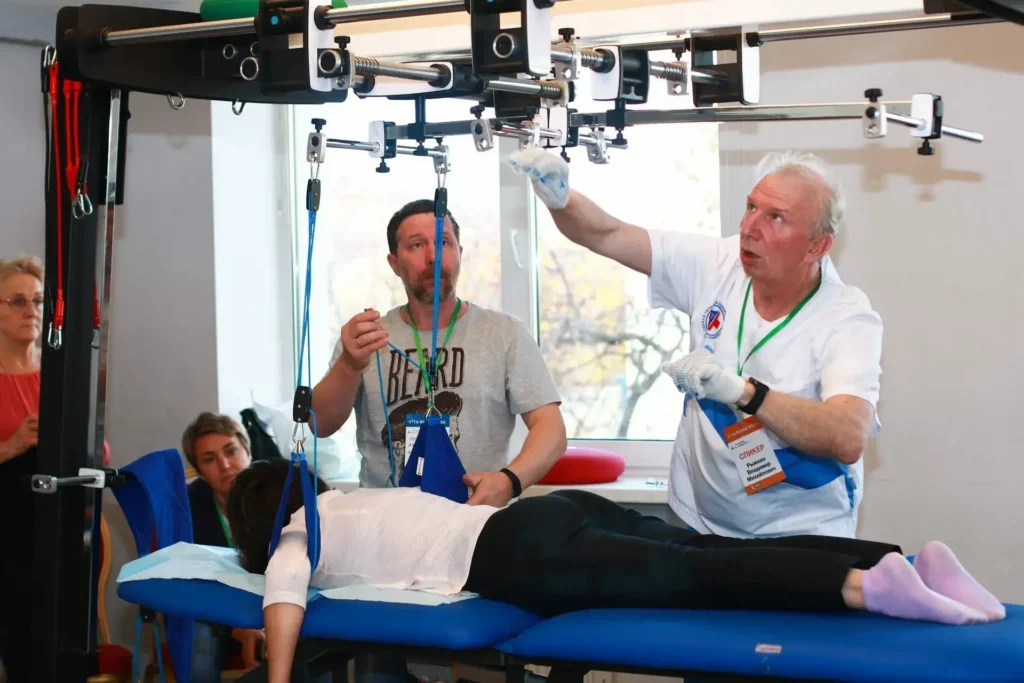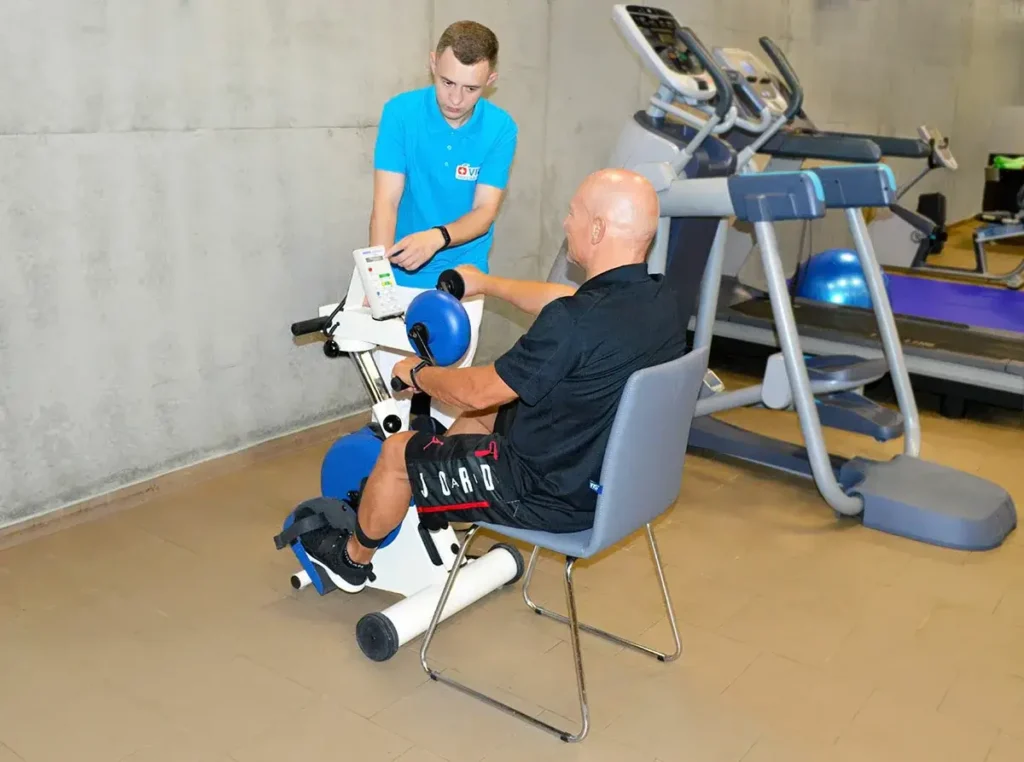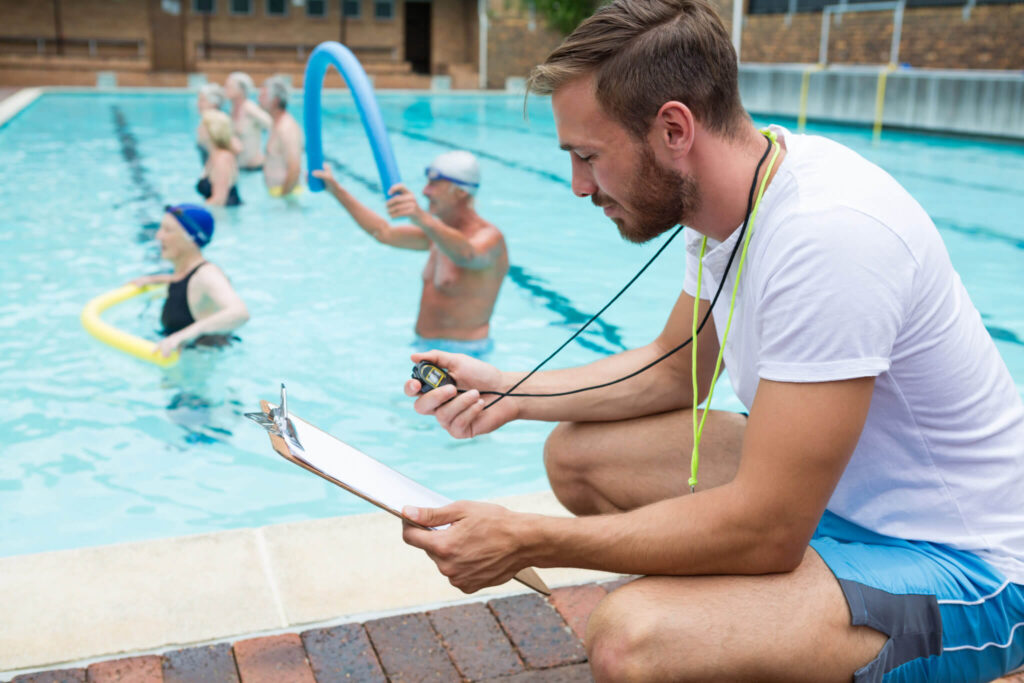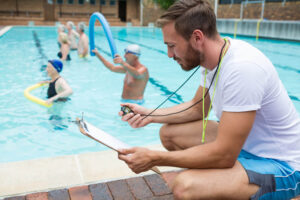Do you think medicine and surgeries are all we need to overcome any health issue? When our mind and soul are deeply affected or often traumatised due to prolonged treatments or mental disabilities, they need assistance to fit into normalcy.
If you have such confident abilities to support and help people heal, check out the suitable career path to become an efficient recreational therapist!
What’s a recreational therapist?
A therapist, in broad terms, is a guide or caring assistant who can help in mental rejuvenation.
Compared to addiction therapists or occupational psychologists working for a particular cause, recreational therapists focus on patients undergoing prolonged treatment, injury, or a chronic disability.
They focus on simple physical and mental activities for improving the overall lifestyle, personality, and outlook of struggling patients.
What do recreational therapists do?
As the name suggests, the therapists plan a routine and assist the struggling patients to perform different activities. Whether the patients are mentally disabled or have undergone any surgical treatment, doctors usually refer them to recreational therapies.
The experts study their patients and plan motor skills developing activities to revive their physical, mental, and social skills.
In short, more than medicines and pills which cure the physical body, recreational therapists help in holistic rejuvenation to overcome the traumatic phase.
Their duties include:
- Analysing their patient’s medical and personal history to perceive the lacunas.
- Planning suitable skill development activities like games, exercises, recreational activities, and social gatherings.
- Engage and assist the patients by helping them perform the tasks and develop towards their goals.
- Helping the patients recognize their dominant functional skills and use them in various ways.
- Coordinate the patient’s response and developments with their family and concerned doctors to keep updated records.
- Monitoring the progress and bringing changes in the patient’s routine for quicker and practical development.

Recreational therapist working conditions
Psychological and physical rejuvenation is essential in almost all healthcare centres and hospitals where recreational therapists find their job.
The most common working conditions include:
- Working with doctors and nurses for a dedicated hospital or patient’s overall treatment. They plan, organise and engage with the patients.
- Recreational groups or with NGOs to conduct patient assistance camps. They have to participate actively in physical activities along with their patients.
- Along with certified nursing or health care assistants to attend the patients in rehabilitation centres.
- As part-time workers in hospitals, outdoor recreational workshops, and therapy centres, they have to help patients with physical activities and keep a constant track of their development.
- As aiding faculty in schools and centres for disabled children and mentally-retarded people. They develop recreational activities and structured curriculums to motivate and develop motor skills.
Skills and qualifications
Unlike a doctor or a nurse skilled in medical fields, therapists need to have vivid skills to adjust and assist diverse patients.
As for the qualifications, employers usually seek candidates with a bachelor’s degree or master’s degree along with a certified therapist‘s licence. More work experience or additional certificates in psychology, physical fitness, behavioural therapy, or patient care fields are preferably welcome.
A recreational therapist spends time with healing patients just like their friends. Thus, they should have:
- Superior communication skills to understand the patients and their abilities.
- Interactive social skills to work with diverse patients without fail.
- Analytical skills to cover various mind-testing games, physical activities, fun-filled exercises like sports and dance, or community workshops with hobby activities.
- Determination to help patients achieve holistic development. With every patient, they should plan and proceed judiciously.
Education and requirements
Aspirants aiming for a licensed job as a recreational therapist should have:
- A high-school passing certificate with Biology as a subject.
- Bachelor’s degree in any healthcare field. (Recreation and behavioural therapy subjects are favourable).
- 150 hour-long internship experience during the academic tenure or five years of work experience as a trainee recreational therapist.
- Appear for NCTRC’s (National Council for Therapeutic Recreation Certification) exam to obtain the licence.
- If cleared, they get a certified licence of CTRS (Certified Therapeutic Recreational Specialist) for five years.
- Aspirants can also add other certificate courses or a Master’s degree in specialisation fields.
Career prospects
Aspirants with a bachelor’s degree in health care or recreation fitness can aim for professional recreational therapist jobs for a full-time job. You can also work as a recreational pathologist or social worker focusing on either physical, mental, or psychological domains.
Moving ahead, you can also pursue a master’s degree in recreational therapy or any psychology subject to seek a job as a certified counsellor, occupational therapist, or guiding teacher.

Recreational therapist’s salary
Trained and certified recreational therapists typically earn around €20,2 per hour. They can work on an hourly basis or as permanent assistants, which can also offer other employees facilities.
If you are looking for a full-time job in any healthcare centre or multi-speciality hospital, you can search reliable job-hunting websites like Velju for posts starting at €42190 per annum.




